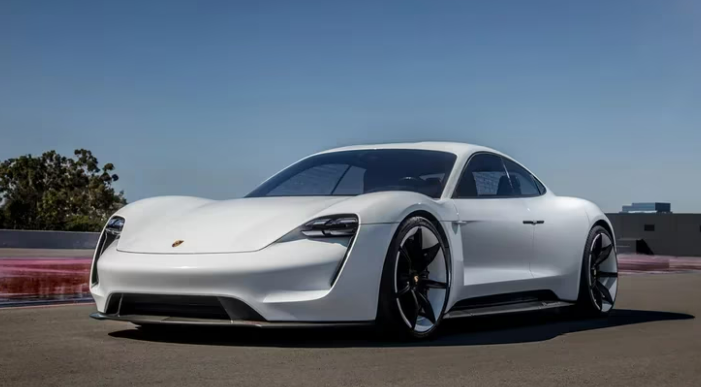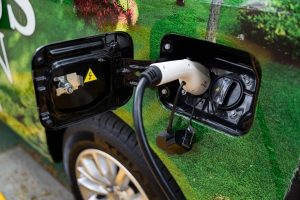
Detailed Research by Porsche Could Achieve Over a Thousand Kilometers of Autonomy in Electric Cars

Aiming to break paradigms and overcome the obstacles still present with respect to charging infrastructure on a global scale, Porsche advances in battery production with key elements to increase the autonomy of electric cars.
The German manufacturer announces a generation of electrified cars, whose batteries could offer a range of more than 1,000 kilometers and, in addition, could be recharged in significantly less time than at present.
Through a press release, the company informed about the latest developments regarding the evolution of the brand’s electric technology and what they expect from it in the coming years.
Read also: Porsche Launches New Alliance to Reduce the Carbon Footprint of Vehicles
Thorough Investigation
Professor Maximilian Fichtner, Director of the Helmholtz Institute in Ulm and head of the Energy Storage Systems Research Unit at the Karlsruhe Institute of Technology, explained that in the medium term, they aspire to have a new combination in anode chemistry and dense cell packaging that will enable electric cars with a range of 1,300 kilometers.
Another focus of Porsche is to optimize the current battery chemistry. Currently, the firm uses graphite as the main anode material, and intends to evolve it by developing silicon anodes.
The Teutonic manufacturer is working on anodes composed of up to 80% silicon, although they admit that this material also poses challenges as silicon particles can expand by up to 300% when absorbing lithium, which can deform the battery pack.
In addition, the company notes that silicon anodes have up to 10 times the storage capacity, and in turn allow for faster charging capability.
They estimate that, in real-use circumstances, a battery with this new chemistry could go from 5 to 80% in less than 15 minutes thanks to recharge powers of 500 kW.





